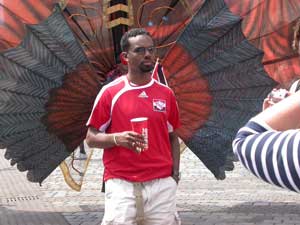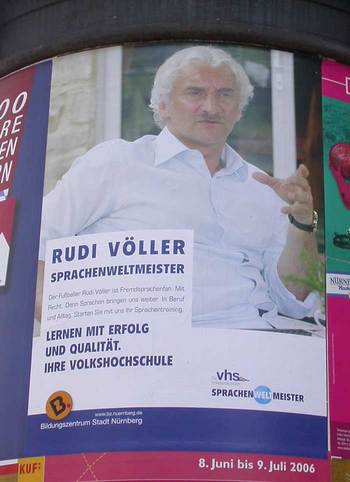In an earlier entry I referred to various meanings of the abbreviation ss.
That is one of the problems, that ss. can mean a variety of things, and my summary may be a bit confusing. Ian Harknett points out that there is an 1856 Bouvier law dictionary online that says ss. means scilicet:
SCILICET. A Latin adverb, signifying that is to say; to wit; namely.
2. It is a clause to usher in the sentence of another, to particularize that which was too general before, distribute what was too gross, or to explain what was doubtful and obscure. It neither increases nor diminish the premises or habendum, for it gives nothing of itself; it may make a restriction when the preceding words may be restrained. Hob. 171 P. Wms. 18; Co. Litt. 180 b, note 1.
3. When the scilicet is repugnant to the precedent matter, it is void; for example, when a declaration in trover states that the plaintiff on the third day of May was possessed of certain goods which on the fourth day of May came to the defendant’s hands, who afterwards, to wit, on the first day of May converted them, the scilicet was rejected as surplusage. Cro. Jac. 428; and vide 6 Binn. 15; 3 Saund. 291, note 1, and the cases there cited. This word is sometimes abbreviated, ss. or sst.
Merriam-Webster’s Dictionary of Law says the same – enter ss here and you get the same result as in the paper version (but there’s no entry for scilicet):
ss
Latin scilicet that is to say
specifically (used in the statement of venue which follows the caption of a legal document and esp. between the name of the state and the particular subdivision (as county))
Actually, this information is hidden in my earlier entry. T. Carter in the third comment mentions that example. Here are two uses of ss. to illustrate the problem:
1. State of Maryland ss. County of Price George’s
2. District of Columbia, ss.:
John Rand, being duly sworn, deposes and says that he has read the foregoing bill by him subscribed and knows the contents
In 1, ss. can be taken to mean ‘more specifically’. In 2, it can’t. The layout is also different, that is, it doesn’t look as if the subdistrict has simply been omitted.
At all events, whether the interpretation is 1. ‘scilicet’ or 2. ‘some meaningless letters that have been copied mindlessly over the years’, the ss. can be omitted in a translation into German.





















